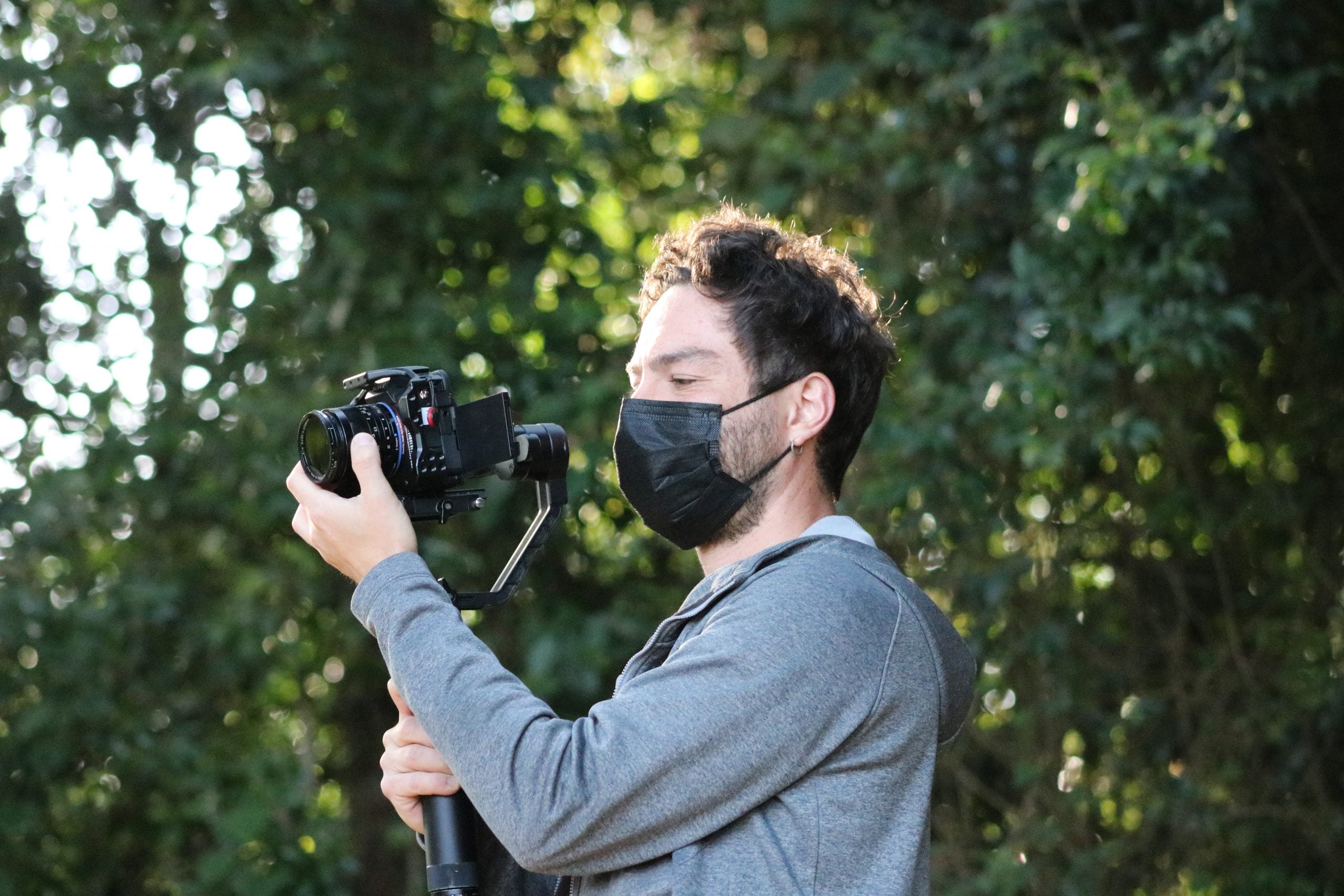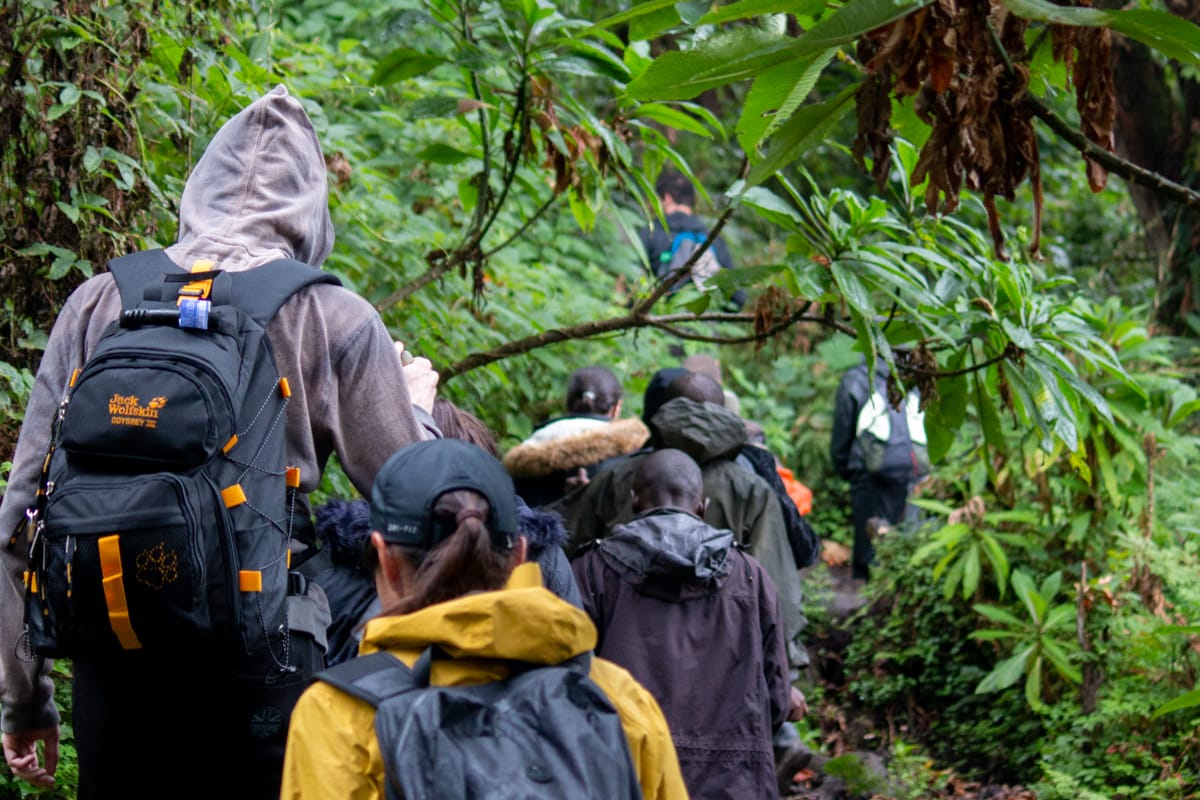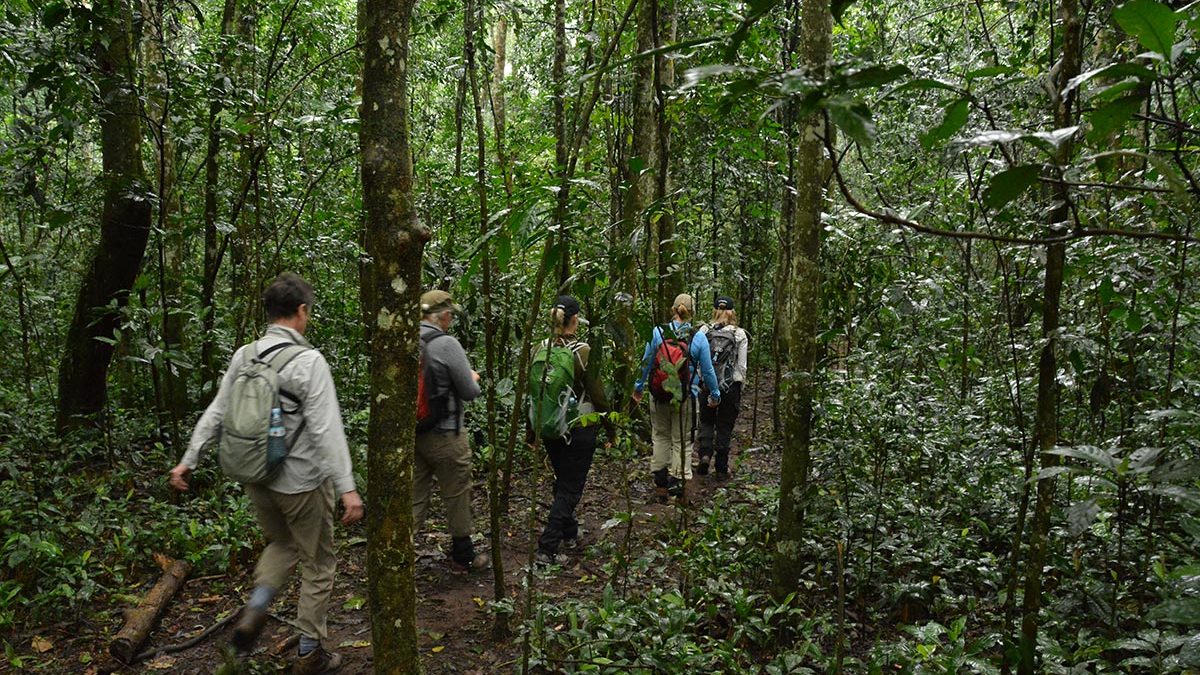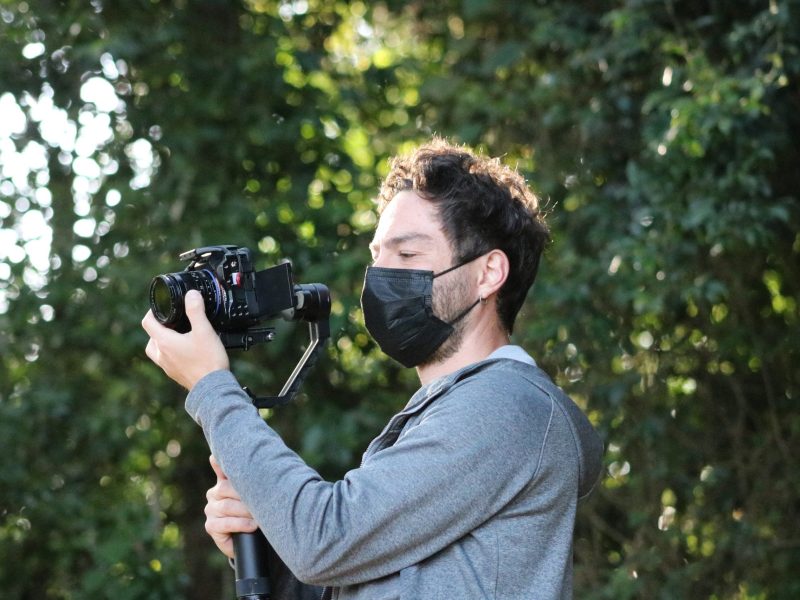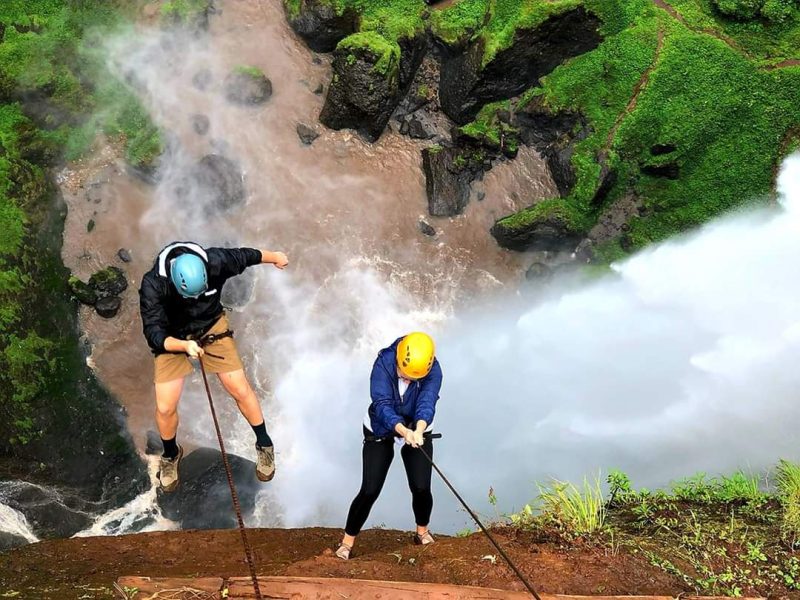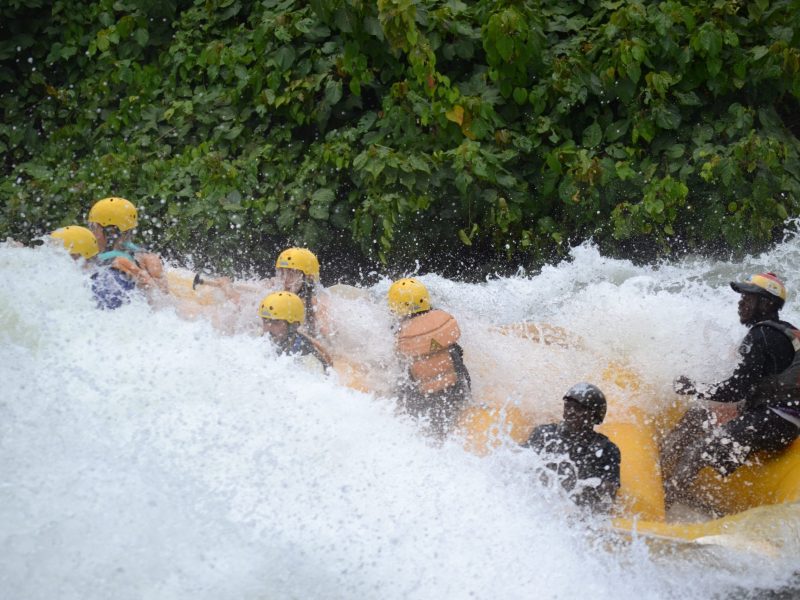Mabira Forest Reserve Adventures
The Mabira Forest is a rainforest area in Uganda that covers approximately 300 square kilometers (120 miles) and 30,000 hectares (74,000 acres). It is in the Buikwe District, which is located between Lugazi and Jinja. Since 1932, it has been under Mabira Forest Reserve protection. It is home to numerous threatened species, including the primate.
Mabira Forest is the only rainforest in Central Uganda, and it is only 50 kilometers from Kampala, a destination that tourists and schoolchildren on nature trips want to visit. Ugandans hold picnics at a location that is regarded as an Oasis of Natural Beauty and Wonders by birders. The Mabira Rainforest Lodge is a beautiful eco-lodge in the ancient rainforest that was first inhabited by the Nakalanga people, who were pygmies like the majority of the early inhabitants of Uganda. Even today, some come to Mabira Rainforest to honor the spirits of Nakalanga. The magnificent trees, plants, flowers, birds, butterflies, monkeys, and small mammals make this a great place to get away from Kampala.
Effect of Mabira Forest on the Community
The Mabira Rainforest is a rain catchment for the Ssezibwa and Nile Rivers. It should be expanded, not diminished, through illegal logging and twice-proposed giveaways of portions of the forest for sugarcane fields. These illegal loggers are unaware that the Mabira Forest is home to endangered species like birds and is a location where traditional healers gather herbal remedies for a variety of ailments.
These short-sighted loggers are unaware of the region’s tourism potential, which would provide them with legitimate jobs and a source of income. The illegal loggers have no idea that the Mabira forest has a positive effect on the climate of the area, that it absorbs a lot of waste gases like carbon dioxide, and that the forest can earn carbon credits for the Ugandan government. They also have no idea about the environmental protocols and climate change agreement that Uganda has signed.
Educational Advantages of Mabira Forest Reserve
The hundreds of schoolchildren who come to see a rainforest in all its splendor are ignored by the illegal loggers. The fact that the forest is home to pollinators like bees, butterflies, and even birds provides farmers in the area with higher yields and productivity, which the illegal loggers do not know about or care about. Sadly, these illegal loggers are only motivated by their egotism, personal greed, and disrespect for Mabira Forest, which many Ugandans consider sacred.
Even though efforts have been made that have resulted in a reduction of the loads of logs that leave the forest daily or nightly, the illegal loggers and those who instigate such logging do not realize or even care that the forest makes a significant contribution to the formation of the rainfall in the region, which enables farmers to make a living without spending a lot of money on expensive irrigation.
Climatic Changes Around the Forest
At Mabira Rainforest, rain is not seasonal; rather, it is present throughout the entire year. Enforcement of the Environmental Police has vowed to intensify their efforts to combat illegal logging, confiscating chainsaws and knowing that loggers have spy networks that inform them of upcoming raids and their locations.
By stationing a permanent deterrent force at Mabira Forest, increasing nighttime patrols, arresting illegal loggers, locating the individuals organizing the logging operations, and prosecuting them to the fullest extent of the law, the National Forestry Ministry and the Environmental Police must use the powers granted to them to stop all logging in the forest.
Conservation of Mabira Forest Reserve
The people of Uganda must become aware of those who are destroying their heritage under the cover of darkness. Short-sighted illegal loggers and their financial backers must be made aware of the long-term consequences to the communities around Mabira.
Most importantly, the loggers should not only receive a warning, as is often the case, but also be prosecuted and imprisoned at Luzira Prison, and their fate should be made public in the communities that surround the forest to discourage others from doing the same. The benefits of the forest must be promoted by Uganda’s government. Because Mabira Forest is a part of everyone’s Ugandan heritage, it must be stopped at all costs. Sadly, this occurs in most Ugandan forests as well as Mabira Forest.
On the shores of Lake Victoria, the Mabira forest reserve houses valuable wildlife is a source of timber serves as an ecosystem service for water balance and is a tourist destination. Local researchers determined the forest’s value in response to a proposed plan to clear a third of the reserve for agricultural use.
Flora and Fauna
The government of Uganda and its development partners, particularly the European Union, have invested heavily in the forest since 1990 to restore previously degraded areas, as shown by this economic evaluation of the forest.
For several other reasons, the Mabira forest is also very important to the Baganda. The Buganda gods of food and rain are believed by the Baganda to reside in the Mabira forest. In addition, the Baganda have a long-held belief that this forest will help prevent a powerful hurricane from reaching Kabaka’s Mengo palace. Additionally, the forest is home to thousands of small and large tree species, which the Baganda and other tribes traditionally utilize for the production of medicines for use during childbirth and pregnancy.
Benefits of the Forest to the Community
While the Ugandan government’s decision to give SCOUL a portion of the Mabira is understandable, other investors have already committed funds to the forest to exploit its potential as a tourist destination. To capitalize on the forest’s potential as a tourist destination, the Alam group and its partners in the Netherlands are currently building a $2 million (3.6 billion Ugandan shillings) Eco-lodge in Mabira.
- Honey and guavas come from the Mabira forest, which is also a source of food for tourists who visit the forest to see it.
- The villages that surround the Mabira forest, such as Lugazi and Buikwe, among others, rely on charcoal and firewood for fuel.
- People in Uganda, particularly those who work in the forest, such as waitresses in the forest’s bars, benefit financially from the Mabira forest. The market vendors at the Mabira forest’s entrance are one other group that benefits.
Even though many of the activities that are carried out in the Mabira forest end up destroying the forest, many people are aware that deforestation and other activities, for better or worse, cause drought and climate change, and that forests help prevent global warming. However, many people are also aware that destroying forests will ultimately result in limited rainfall, less water in the rivers and lakes, and a negative impact on agriculture and cattle keeping.


